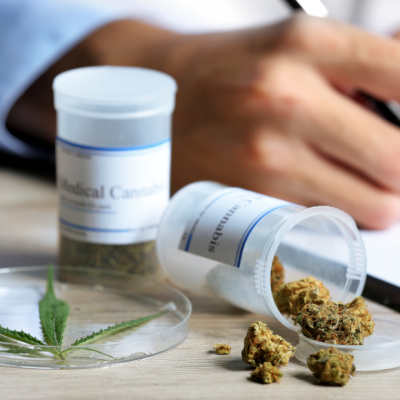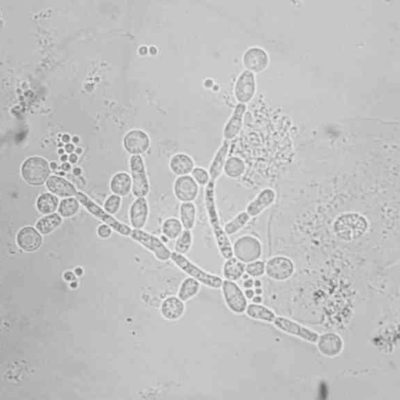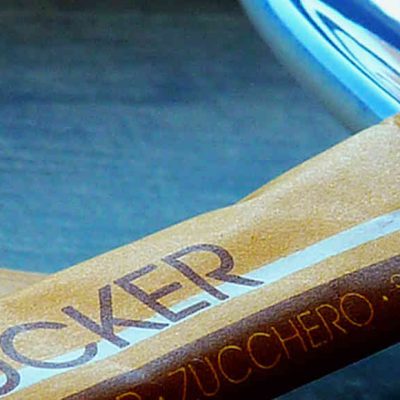A new study by scientists at the Washington University School of Medicine has found that the yeast fungus Debaryomyces hansenii prevents the healing of the intestinal lining in patients with Crohn’s disease. This discovery could lead to new therapies that target the fungus and improve the lives of patients. Crohn’s disease and ulcerative colitis cause damage to the intestinal lining, which cannot fully heal due to chronic inflammation. While current medications can suppress inflammation, patients with these diseases cannot be cured. The researchers investigated the impact of disrupted gut flora on these diseases and found that healthy gut bacteria produce metabolites that support natural regeneration processes. Antibiotic treatment reduces the number of beneficial gut bacteria in patients with chronic inflammatory bowel disease, impairing wound healing. The team found that the yeast fungus Debaryomyces hansenii may be responsible for this effect, as it is present in the intestinal lining of most Crohn’s disease patients but only in one in ten healthy individuals. An increased number of these yeasts leads to the production of the inflammatory cytokine CCL5 by macrophages in affected intestinal sections. The antifungal drug Amphotericin B can reduce the number of problematic yeast fungi and support intestinal healing. Other yeast fungi such as Saccharomyces cerevisiae or Candida species do not impair wound healing. The researchers suggest that a new therapy for Crohn’s disease using antifungal drugs that target Debaryomyces hansenii could support wound healing. Probiotic bacteria that promote wound healing and a blockade of the cytokine CCL5 could also be helpful. Possible sources of Debaryomyces hansenii yeast include cheese and meat products, which Crohn’s disease patients should avoid according to the study.










